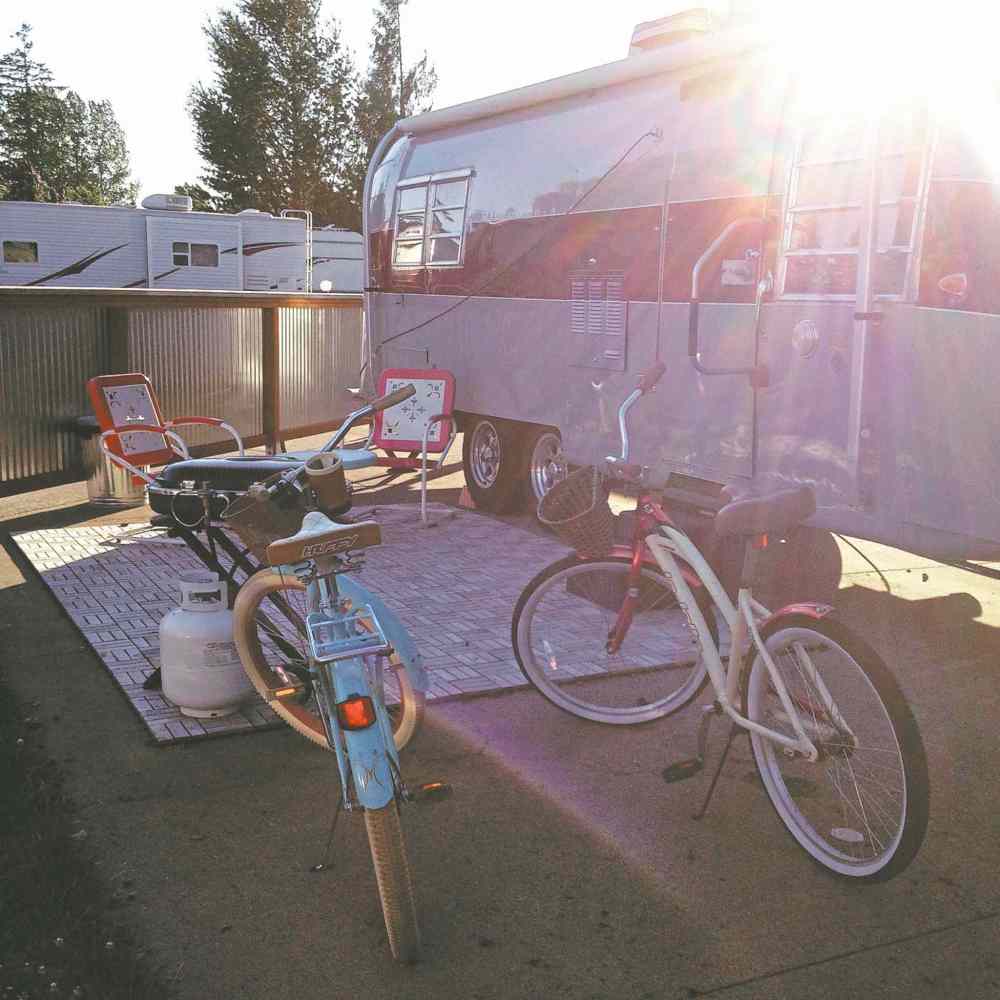My generation’s self-absorbed yuccies get bad rap
Deserve more credit for being entrepreneurial
Advertisement
Read this article for free:
or
Already have an account? Log in here »
To continue reading, please subscribe:
Monthly Digital Subscription
$0 for the first 4 weeks*
- Enjoy unlimited reading on winnipegfreepress.com
- Read the E-Edition, our digital replica newspaper
- Access News Break, our award-winning app
- Play interactive puzzles
*No charge for 4 weeks then price increases to the regular rate of $19.00 plus GST every four weeks. Offer available to new and qualified returning subscribers only. Cancel any time.
Monthly Digital Subscription
$4.75/week*
- Enjoy unlimited reading on winnipegfreepress.com
- Read the E-Edition, our digital replica newspaper
- Access News Break, our award-winning app
- Play interactive puzzles
*Billed as $19 plus GST every four weeks. Cancel any time.
To continue reading, please subscribe:
Add Free Press access to your Brandon Sun subscription for only an additional
$1 for the first 4 weeks*
*Your next subscription payment will increase by $1.00 and you will be charged $16.99 plus GST for four weeks. After four weeks, your payment will increase to $23.99 plus GST every four weeks.
Read unlimited articles for free today:
or
Already have an account? Log in here »
Hey there, time traveller!
This article was published 02/07/2015 (3798 days ago), so information in it may no longer be current.
Have you heard of yuccies?
They aren’t some kind of Teletubby-esque creature for children. No, yuccies are the new yuppies — or, more accurately, the new hipster. Coined by Mashable writer David Infante, yuccies are young urban creatives. He defines them thus:
“In a nutshell, a slice of generation Y, borne of suburban comfort, indoctrinated with the transcendent power of education, and infected by the conviction that not only do we deserve to pursue our dreams; we should profit from them.”

Unlike the yuccie’s forebear, the yuppie — the young urban professional, or young upwardly mobile professional, depending on which definition you’re going with — the yuccie isn’t concerned about climbing any corporate ladder, except for the one they built themselves out of reclaimed barn board.
Yuccies are, I suppose, the inevitable product of a generation — my generation — that was repeatedly told it could be anything it wanted to be. “Do what you love, and you will never have to work a day in your life,” we were told. For most of us, that’s simply not true. I love my job, but it still feels like work.
Like most articles about millennials, Infante’s piece was concerned with esthetics, the thinking being that our senses of self are shaped by taste — we are what we consume. Infante’s yuccies wear $80 sweatpants, drink craft beer, vacation in places such as Austin, Texas, and Portland, Ore., and a yuccie “doesn’t like gentrification in theory; loves artisanal doughnuts in practice.”
As timing would have it, I read this piece on a recent trip to Oregon. I enjoyed Portland, but it’s easy to gently mock the same way yuccies are easy to gently mock, which is probably why Portlandia has been able to sustain itself for five seasons and counting. I’ll admit that I engaged in some yuccie behaviour. I drank jasmine tea at a coffee shop/art space called Glyph. Not only did I eat artisanal doughnuts and grilled-cheese sandwiches, I Instagrammed artisanal doughnuts and grilled-cheese sandwiches. Outside of the city, I stayed in a 1960s refurbished Avion trailer. The interior was decked out entirely in bird prints, in what I hope was a cheeky nod to the now-classic Put a Bird On It Portlandia sketch. I suspect most of the things I loved about Portland were dreamed up by young urban creatives.
But let’s set esthetics aside for a moment. What we’re really talking about here is the intersection between privilege, which is something not all of us have, and work, which is something most of us need to do. While some people have successfully parlayed what are essentially hobbies into viable careers, many more people don’t have the luxury of ditching their day job to pursue their dreams — no matter how badly they want to. And some people don’t want to. Some people’s motivations for working are strictly to keep their lights on and their bellies full. Some people just want to be able to live comfortably and maybe go on a vacation once in a while. Not everyone lives to work. Some people work to live.
From a practicality standpoint, we can’t all be what we want to be, exactly as we envisioned it. We all must make concessions and compromises — that’s called “being an adult human.” And hard work and talent don’t count for much if there are fewer and fewer jobs in which to shine. North America’s over-educated, underemployed creative class has been well-documented. Many young people are entering the workforce with tremendous amounts of student debt. As companies attempt to do more with fewer bodies in the wake of the 2008 recession, contract and freelance gigs become the norm — but those don’t usually come with the same benefits or security enjoyed by full-time employees. As writer Judy Berman put it, “No wonder they’re scheming to liberate themselves through creativity, technology, and hustle.”

And therein lies the upside to what seems like an, er, yucky concept steeped in privilege. This generation of young people is often derided for being entitled and self-absorbed, but perhaps they should be given more credit for being entrepreneurial. They can take an idea they saw in, say, Portland and make it work in Winnipeg. I can think of many young local business owners who use technology, particularly Instagram, and their creativity in smart, savvy ways. We benefit as consumers, and they get to do what they love and help make this city a cooler place to live and visit in the process.
It’s nice work, if you can get it.
jen.zoratti@freepress.mb.ca
History
Updated on Thursday, July 2, 2015 7:31 AM CDT: Replaces photo

